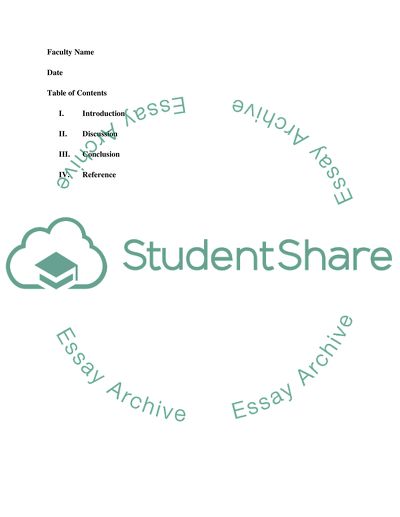Cite this document
(“Why, in spite of their many positive features, are there still Essay”, n.d.)
Why, in spite of their many positive features, are there still Essay. Retrieved from https://studentshare.org/psychology/1543103-why-in-spite-of-their-many-positive-features-are-there-still-concerns-about-the-use-of-psychometric-tests-in-selection
Why, in spite of their many positive features, are there still Essay. Retrieved from https://studentshare.org/psychology/1543103-why-in-spite-of-their-many-positive-features-are-there-still-concerns-about-the-use-of-psychometric-tests-in-selection
(Why, in Spite of Their Many Positive Features, Are There Still Essay)
Why, in Spite of Their Many Positive Features, Are There Still Essay. https://studentshare.org/psychology/1543103-why-in-spite-of-their-many-positive-features-are-there-still-concerns-about-the-use-of-psychometric-tests-in-selection.
Why, in Spite of Their Many Positive Features, Are There Still Essay. https://studentshare.org/psychology/1543103-why-in-spite-of-their-many-positive-features-are-there-still-concerns-about-the-use-of-psychometric-tests-in-selection.
“Why, in Spite of Their Many Positive Features, Are There Still Essay”, n.d. https://studentshare.org/psychology/1543103-why-in-spite-of-their-many-positive-features-are-there-still-concerns-about-the-use-of-psychometric-tests-in-selection.


